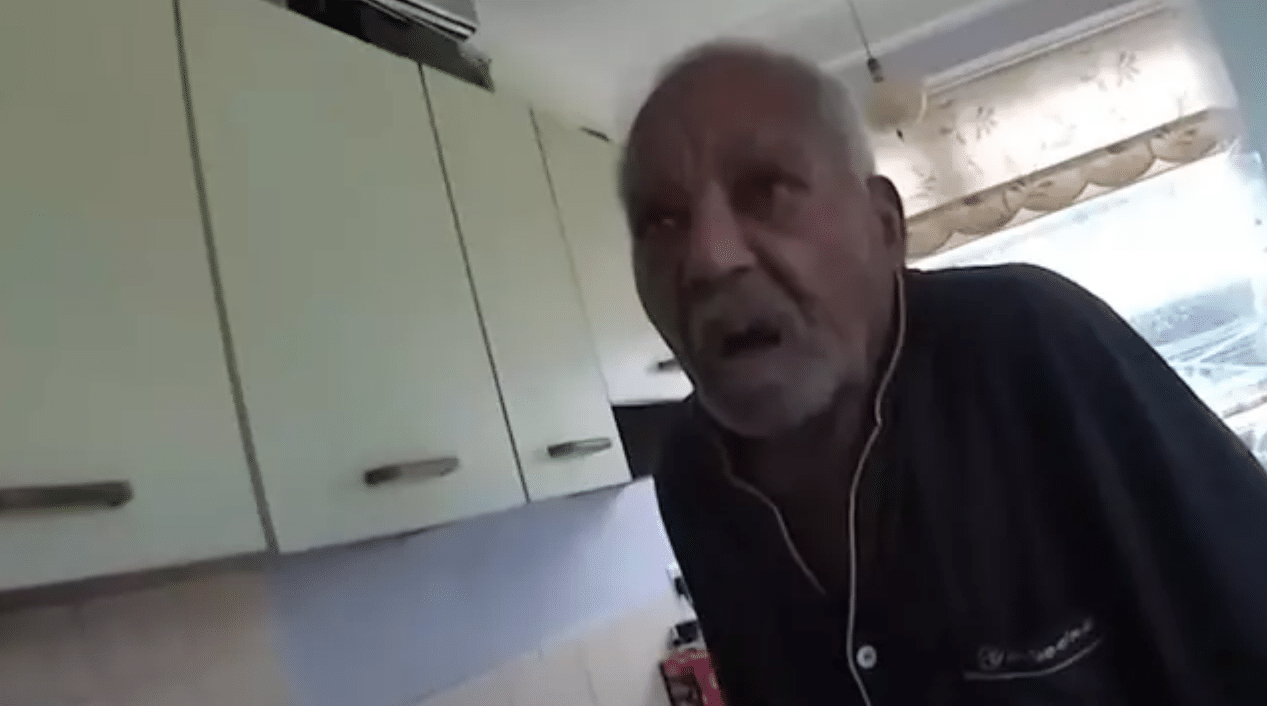Taking money from an account without the owner’s knowledge, stealing passwords and PIN codes, easy earnings on the Internet and deposits at unbelievable interest rates, online casinos – all these are types of financial fraud. Criminals will speculate on your feelings, promise you the mountain of gold, masquerade as bank employees or government agencies to swindle you out of money. Using Credit Cards Rating Methodology I will tell you how to recognize a scammer and what to do if you were still cheated?
Featured Image VIA
Everyone can fall victim to criminals, and it doesn’t matter if he or she uses a bank card or prefers to pay in cash. Scammers know how to lure money online, by calling and texting, in social networks and offices. How do they do it?
Bank Card Fraud
To use your card for their purposes, scammers need to know its number, owner’s name, expiration date, CVC, or CVV number. They may install a skimmer on the ATM (a special device that they put on the card receiver in the ATM) and a video camera over the keypad.
The CVC or CVV number is a three-digit number located on or near the cardholder’s signature field. Learn more about how a bank card works.
It is enough to use such a cash dispenser once and not to cover the keyboard when entering the PIN-code your money can be withdrawn, transferred to several accounts, and cashed out. Your card details can be stolen even in a café or a store. Even if you are given access to your card for just five seconds, the sales clerk may be the thief. Once your card has been photographed he may use it to make purchases online.
How Not To Get Scammed
Before withdrawing money from an ATM, inspect it. There should be no foreign objects on the card acceptor, and the keyboard should not be wobbly.
Cover the keypad with your hand when entering the PIN code. Do this even when paying with your card in a cafe.
Connect your mobile bank and SMS notifications.
If you make purchases over the Internet, don’t tell anyone the secret code for confirming operations, which you receive by SMS.
Make sure you never lose sight of your card.
Cyber Fraud
Let’s say you always withdraw money only at the bank’s cash desk and don’t pay with your card at all. You feel safe. Suddenly you receive an SMS or e-mail as if from the bank with a link, a request to call an unknown number or a notice of an unexpected big win. Or they call on behalf of the bank and ask to provide personal data, PIN-code from the card or SMS confirmation number. Or they write on social networks on behalf of relatives or friends who suddenly got in trouble (got into the police, was run over by a car, had their bag stolen) and ask to transfer an unknown amount of money to an unknown account. In 99.9% of cases you are dealing with scammers. Behind the links are likely to be viruses, on the other end of the line are the fraud experts who want to extort the data they need by hook or by crook, and on the other side of the screen are the fraudsters who play on your desires, feelings and concerns about your loved ones.
How Not To Get Scammed
Don’t follow links you don’t know about, or call dubious numbers. Even if the link seems safe and the phone number is correct, always check the address with the domain names of official websites of organizations, and check the numbers in official directories.
If you receive an SMS about crediting funds (and the message is similar to the usual notification of the bank), and then call the allegedly stretcher man, who mistakenly credited you and asks for a refund, do not rush to return anything. This situation looks more like a fraudulent scheme: most likely, the money did not come, the SMS was not from your bank, and an intruder called you. Check the status of your account, order an online bank statement, or call the bank before transferring money to someone else.
If you receive a “Confirm purchase” notification and a code, followed by a call from another “distracted” person who says that he entered your phone number by mistake and asks you to dictate the code, do not do it under any circumstances. Scammers are trying to lure you out of your code in order to charge your account or sign you up for an unnecessary paid service.
Don’t tell your personal data let alone your passwords and codes.
Bank employees don’t need them, and fraudsters will have access to your money.
Don’t keep your card data on your computer or smartphone.
Check the information. If they tell you that you have won something or your card has been accidentally debited with money, and you have to give your data in order to stop the transaction, end the call and call the bank back using the phone number on the back of your card.
If you are told that a relative or friend is in trouble, try to contact them directly.
Install antivirus on your computer, both for yourself and your relatives.
Explain these simple rules to elderly relatives and teenagers.















